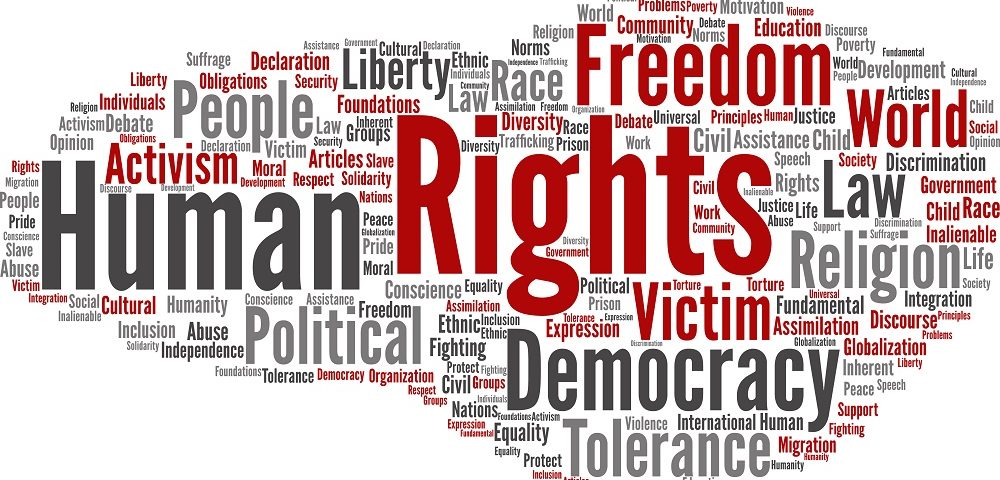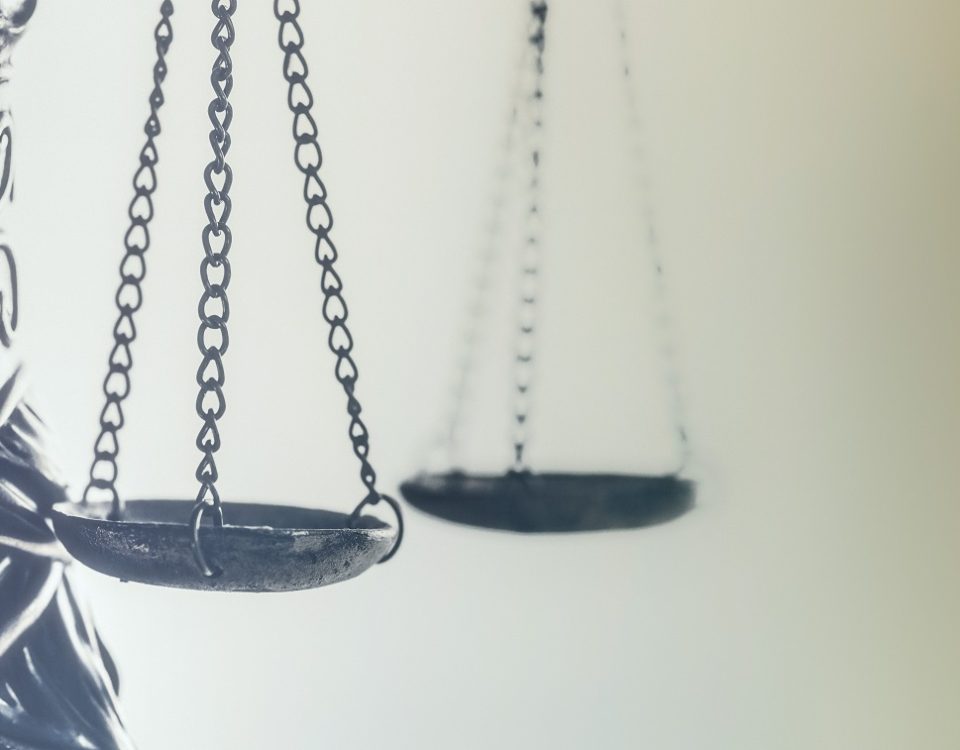Navigating Religious Discrimination in the Workplaces of New Jersey and New York

New Jersey’s Comprehensive Guide to Employment Laws
September 20, 2023
Navigating New Norms: The Impact of Remote Work on Workplace Discrimination
November 2, 2023I. Introduction
In the diverse states of New Jersey and New York, religious discrimination remains a pressing issue, reflecting a national concern that continues to erode the fabric of inclusivity and equality within the workplace. Despite the United States’ rich mosaic of cultures, beliefs, and religions, individuals still face prejudice, bias, and discrimination based on their religious beliefs or affiliations. The plight faced by many workers, marginalized due to their faith, resonates across various sectors and professional levels within New Jersey and New York, manifesting in unfair treatment, prejudice, and a compromised work environment. This article aims to delve deep into understanding religious discrimination within these states, outlining the legal framework, real-world scenarios, and how individuals like Ty Hyderally work tirelessly to combat this discrimination.
II. Understanding Religious Discrimination
Religious discrimination in the workplace involves treating a person unfairly because of their religious beliefs or practices. It can encompass numerous forms, from unfair hiring practices and workplace harassment to unjustified dismissal. Employers are required to accommodate employees’ religious practices unless it causes undue hardship to the organization.
In New York and New Jersey, as across the United States, the federal law – Title VII of the Civil Rights Act of 1964 – protects individuals from employment discrimination on the basis of religion. According to the U.S. Equal Employment Opportunity Commission (EEOC), this not only involves the treatment of members of traditional, organized religions, but also others who have sincerely held religious, ethical, or moral beliefs.
III. Legal Framework in New Jersey and New York
In New Jersey, the New Jersey Law Against Discrimination (NJLAD) serves as a robust protective shield for employees against discrimination, including that based on religion. It mandates an environment free from discrimination and biases, promoting equal opportunities for all irrespective of their religious beliefs.
In New York, the New York State Human Rights Law offers similar protections, ensuring employees are not marginalized or treated unfairly based on their religious affiliations. These laws form a critical aspect of the employment discrimination law in both states, underlining the importance of equality and fairness within the workplace.
Employment lawyers like Ty Hyderally specialize in navigating these intricate legal terrains, assisting clients in ensuring their rights are not violated and offering legal recourse when they are infringed. A detailed examination of these laws and related cases can be found on Employment Lit’s religious discrimination page.
This is the introduction and the beginning parts of the article, covering the understanding of religious discrimination and part of the legal framework in NJ and NY. Would you like me to continue to the next sections?
IV. Real-life Scenarios and Impact
The real-world implications of religious discrimination stretch beyond the confines of the workplace, affecting individuals’ psychological and physical well-being, and ultimately impacting their overall quality of life. Real-life scenarios of religious discrimination in the workplace may include exclusion from professional development opportunities, derogatory comments related to religious attire, or refusal to accommodate religious observances or practices. Such instances not only result in a hostile work environment but also lead to decreased productivity, low morale, and increased turnover.
New Jersey and New York, with their considerable diverse populations, are not immune to these issues. Cases have come to light, showcasing the stark reality of religious discrimination in various industries and sectors within these states. As delineated by SHRM, appropriate accommodations and an understanding of religious beliefs and practices are essential for fostering an inclusive and respectful workplace.
V. The Role of Ty Hyderally and Others in Fighting Religious Discrimination
In the face of such discrimination, the role of employment lawyers like Ty Hyderally becomes paramount. With an in-depth understanding of employment discrimination law, Hyderally assists victims in finding justice and redress, ensuring that their rights under both federal and state law are unequivocally upheld. He is listed as an expert employment lawyer on employmentlit.com and avvo.com offering his extensive knowledge and experience in combating religious discrimination in the workplace.
VI. Prevention and Resources for Victims
Preventing religious discrimination is a collective responsibility that involves both employers and employees. Employers must cultivate an inclusive environment, providing equal opportunities for career advancement and professional development irrespective of religious beliefs. They must also ensure that workplace policies do not inadvertently discriminate against individuals based on their religious affiliations.
Resources for victims are crucial for addressing and rectifying instances of religious discrimination. Organizations and individuals can refer to the comprehensive guide and resources available on the EEOC and SHRM websites, and the religious discrimination page of Employment Lit. These platforms offer essential information, guidelines, and support to help navigate and resolve religious discrimination issues effectively.
VII. Conclusion
In conclusion, addressing religious discrimination in the workplace in New Jersey and New York involves a multifaceted approach that includes awareness, legal protection, and a committed effort from all stakeholders, including lawyers like Ty Hyderally, to ensure a fair, respectful, and inclusive work environment. It is imperative to continue this fight, reinforcing the principles of equality and respect in the workplace, and ensuring that individuals do not suffer due to their religious beliefs or affiliations.
This comprehensive examination of religious discrimination in the workplace within New Jersey and New York, encapsulates not only the legal framework but also highlights the real-world impact, the role of committed individuals, and the resources available for victims. The persistent effort to eliminate religious discrimination in the workplace is essential for fostering equality, inclusivity, and respect for all individuals, irrespective of their religious beliefs or affiliations.


